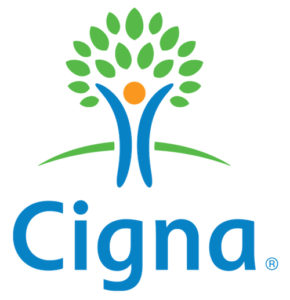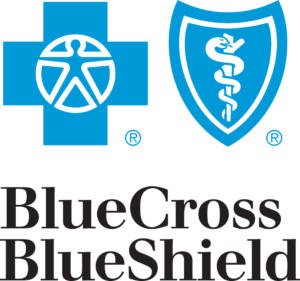Injuries to teeth can be both painful and concerning, impacting one’s overall oral health. Whether it’s a chipped tooth from a fall or a cracked tooth due to biting on a hard object, damaged teeth require prompt attention to prevent further complications. Understanding the causes, symptoms, and treatment options for injured teeth is crucial for maintaining a healthy smile.
In this article, we’ll explore common types of tooth injuries, such as fractures, avulsions, and luxations, and discuss the importance of seeking professional dental care when faced with such issues. From temporary measures to long-term solutions, knowing how to address injured teeth can make a significant difference in preserving dental function and aesthetics. Stay tuned to learn more about caring for injured teeth and restoring your oral health.
What You Need To Know About Injured Teeth
Types of Dental Injuries
Injured teeth can suffer various types of damage, including fractures, avulsions, and luxations. Fractures may range from minor cracks in the enamel to severe breaks involving the tooth’s root. Avulsions occur when a tooth is completely knocked out of its socket, necessitating immediate dental attention. Luxations refer to teeth that are dislodged or pushed out of position due to trauma. Understanding the different types of dental injuries is crucial for knowing how to best address each situation promptly.
Common Causes and Risks
Several factors can lead to injured teeth, such as sports accidents, falls, or biting down on hard objects. Neglecting oral health practices, like regular brushing and flossing, can also increase the risk of dental injuries. Visiting a dentist for routine check-ups is essential to detect any potential issues early on and prevent injuries. Being aware of the common causes and risks associated with dental injuries can help individuals take proactive measures to protect their teeth and maintain optimal oral health.
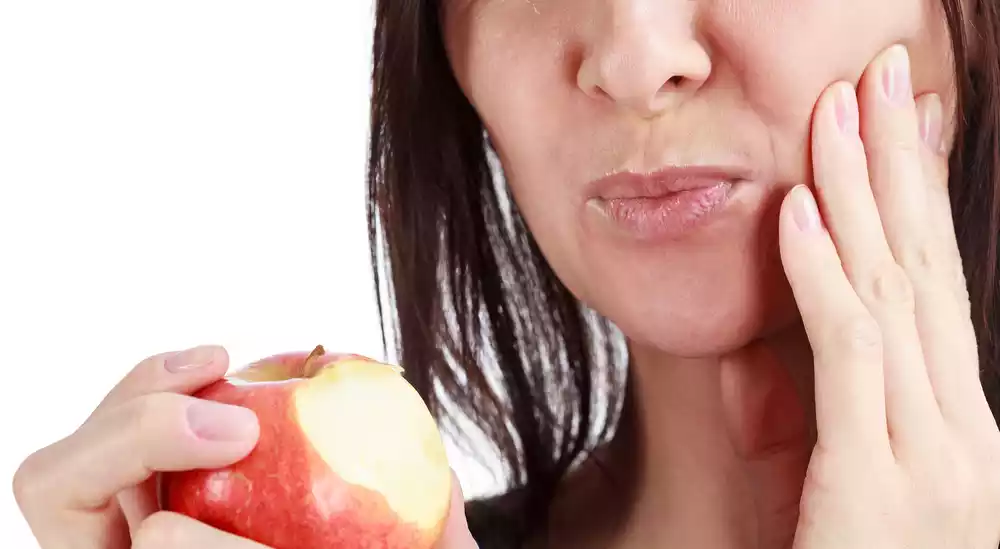
Signs and Symptoms of Injured Teeth
Building on the discussion of dental injuries, recognizing the signs and symptoms of damaged teeth is crucial for prompt treatment and maintenance of oral health.
Recognizing Tooth Fractures
Detecting tooth fractures can involve various indicators such as:
- Sharp pain when biting down on food.
- Sensitivity to hot or cold temperatures.
- Discoloration or darkening of the tooth.
Identifying Dislodged Teeth
Identifying dislodged teeth may include the following signs:
- The tooth appearing longer or shorter than usual.
- Gaps between teeth where the affected tooth used to be.
- Pain or discomfort when chewing or speaking.
Nerve Damage Indicators
Indicators of nerve damage in injured teeth can manifest as:
- Persistent tooth pain that may worsen with pressure.
- Sensitivity to touch or temperature changes.
- Swelling around the affected tooth.
Seeking immediate dental care is vital when experiencing any of these signs to prevent further complications and ensure proper treatment. Regular dental check-ups can also help in detecting and addressing dental injuries promptly.
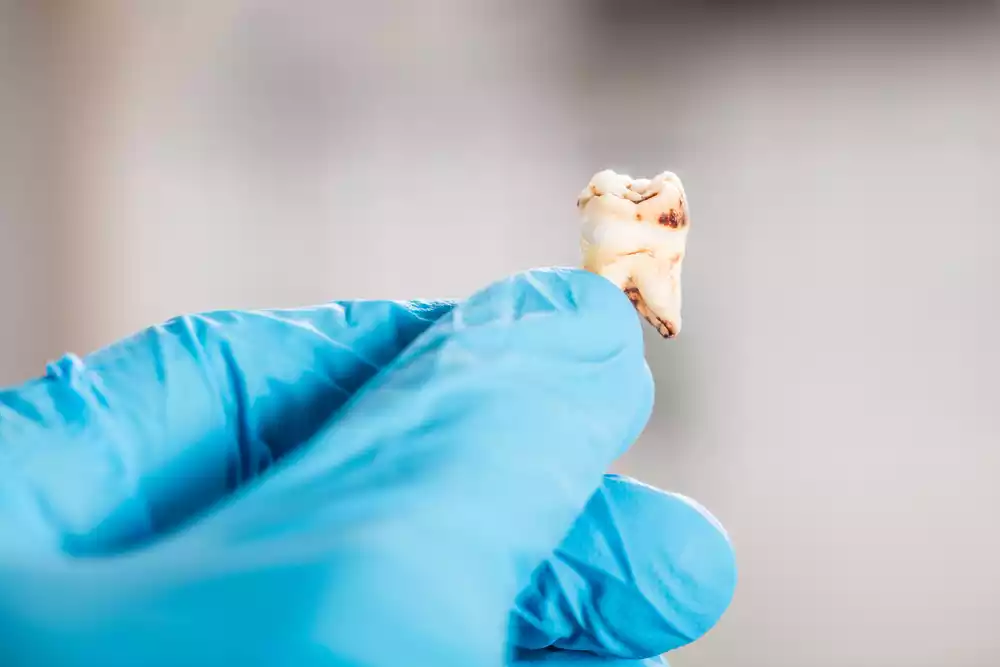
Immediate Actions for Injured Teeth
First Aid Measures
- Clean the injured area gently with warm water.
- To reduce swelling, apply a cold compress or ice pack to the cheek or lip near the injury.
- If there is bleeding, have the person bite down on a gauze pad to help stop it.
- Avoid touching the root of a dislodged tooth; instead, hold it by the crown and try to replant it gently back into the socket if possible.
- For a fractured tooth, rinse the mouth with warm water and apply a cold compress to reduce pain and swelling.
- If there is severe pain, swelling, or bleeding that doesn’t stop after following first aid measures.
- When a tooth is completely knocked out, immediate dental attention is crucial for a chance of successful re-implantation.
- Any signs of nerve damage such as sensitivity to hot or cold substances should prompt a visit to the dentist.
It’s essential to see a dentist promptly for any tooth injury to prevent further complications and ensure proper treatment. Regular dental check-ups are also recommended to detect and address dental injuries early.
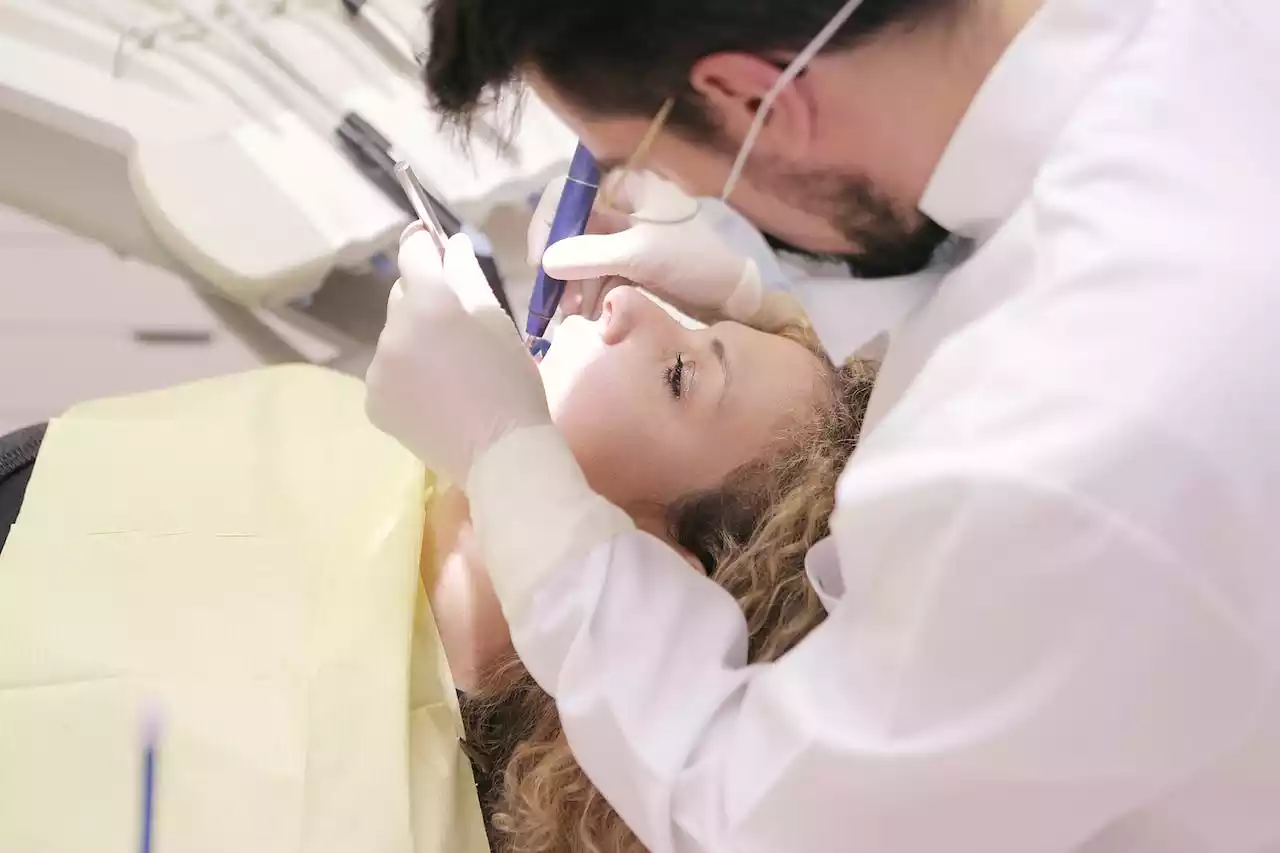
Professional Treatment Options
Reattachment and Splinting Techniques
For cases where a tooth has been dislodged or knocked out due to an injury, prompt action is crucial. The dentist may be able to reattach the tooth if the patient seeks immediate treatment. Reattachment is more likely to be successful when done soon after the incident. In situations where reattachment is not viable, splinting techniques can be employed to stabilize the injured tooth. These techniques involve securing the tooth in place using a splint for a specified period to facilitate healing.
Root Canal Therapy for Injured Teeth
In cases of severe dental injuries that result in damage to the tooth’s pulp, root canal therapy may be recommended. This procedure involves removing the infected or damaged pulp from the tooth’s chamber, disinfecting it, and sealing it to prevent further infection. Root canal therapy can help save an injured tooth from extraction and alleviate pain or discomfort caused by nerve damage. It is a standard treatment option for injuries that affect the inner structures of the tooth.
Advances in Dental Implants
In situations where injured teeth cannot be salvaged through reattachment, splinting, or root canal therapy, dental implants offer a modern solution for restoring oral function and aesthetics. Dental implants are artificial tooth roots that are surgically implanted into the jawbone to support replacement teeth. They provide a long-term and durable option for replacing missing or irreparable teeth. Dental implants may be recommended for patients with severely injured teeth that cannot be treated through conventional methods.
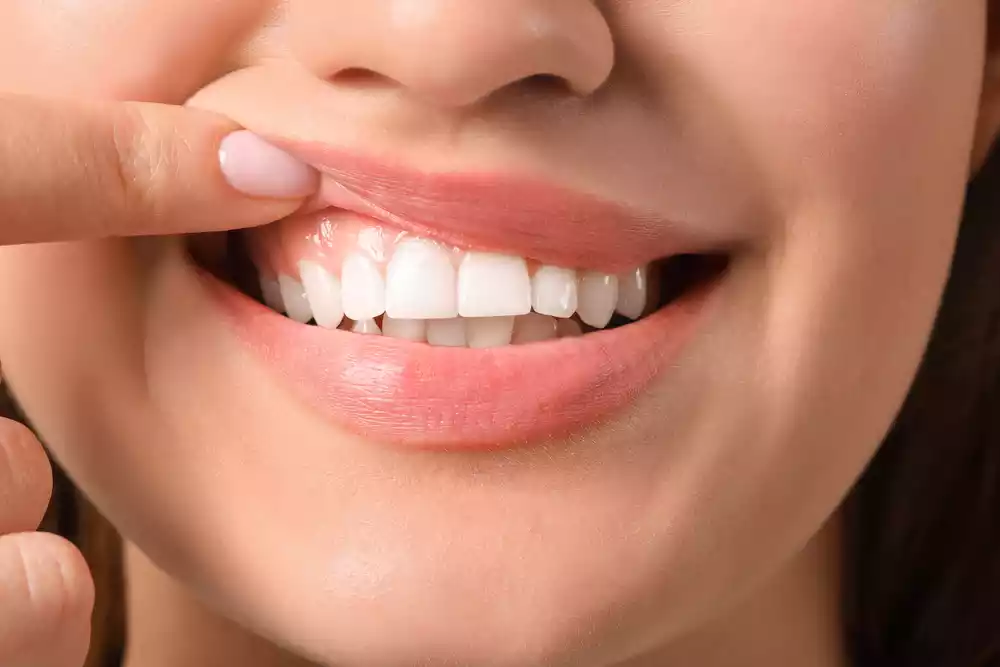
Preventing Injured Teeth
Protective Gear and Equipment
To prevent injured teeth, individuals engaging in contact sports or activities with a risk of falls should wear appropriate protective gear such as mouthguards. These custom-fitted guards provide a cushioning effect, reducing the impact on the teeth and mouth during physical activities. By investing in and consistently using mouthguards, athletes can significantly lower the chances of sustaining dental injuries.
Best Practices for Oral Hygiene
Maintaining good oral hygiene is essential in preventing injured teeth. Regularly brushing teeth with a soft-bristled toothbrush and fluoride toothpaste can help keep teeth strong and healthy. It’s important to floss daily to remove food particles and plaque buildup that can contribute to dental issues. Additionally, scheduling routine dental check-ups for professional cleanings and examinations is crucial for early detection and treatment of any potential dental problems that could lead to injured teeth.
Protecting your teeth from injuries is essential for maintaining a healthy smile and overall well-being. At New Age Dental, we understand the importance of preventative measures and proper oral hygiene in preventing and treating injured teeth. By following these tips you can safeguard your dental health for years to come.

For personalized guidance on preventing and treating injured teeth, schedule a consultation with New Age Dental, the leading dentist in Tijuana. Our experienced team can assess your oral health, provide tailored recommendations, and offer advanced treatments to keep your smile strong and beautiful. Don’t wait until it’s too late—take proactive steps towards optimal dental care by contacting us today.




